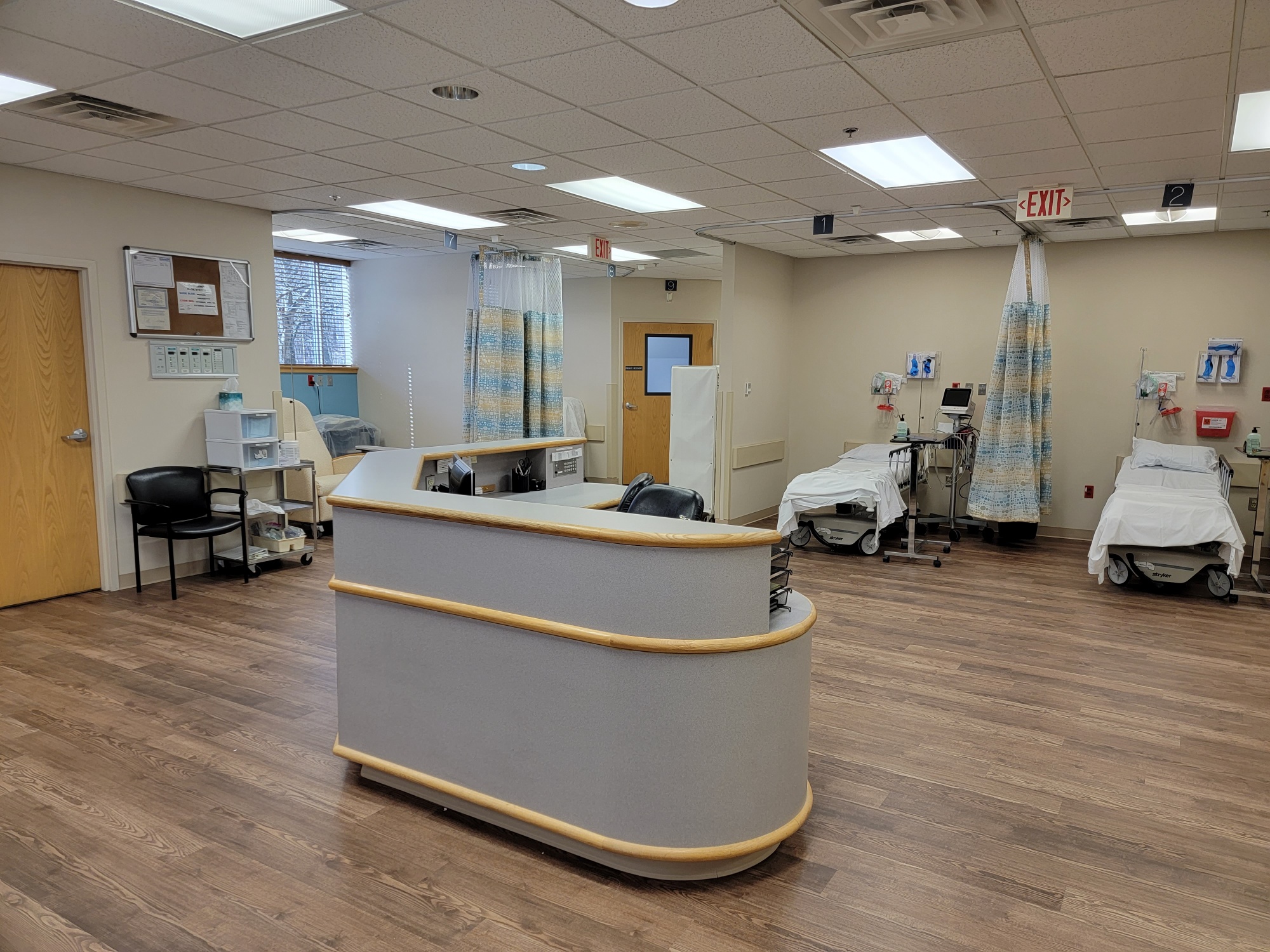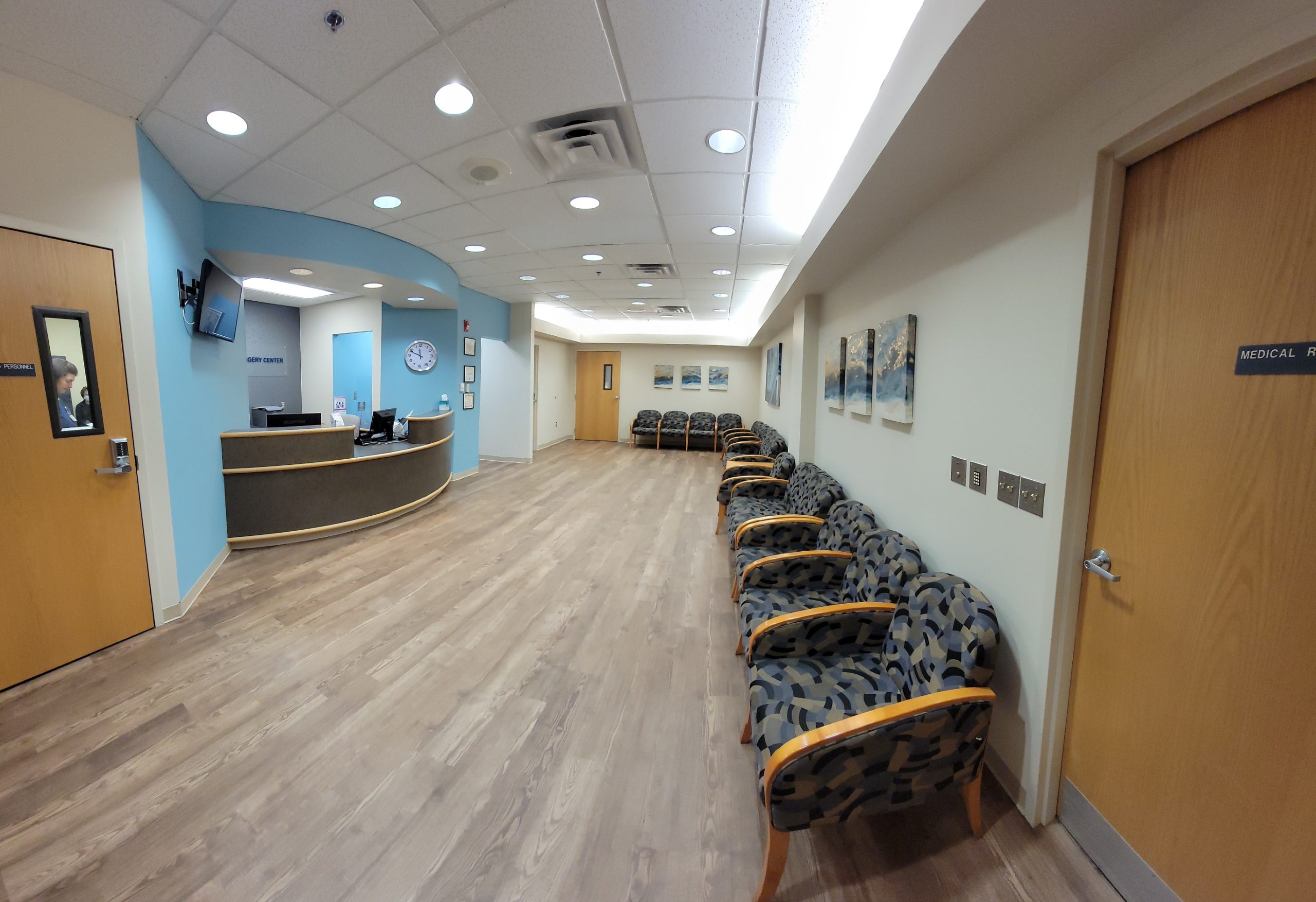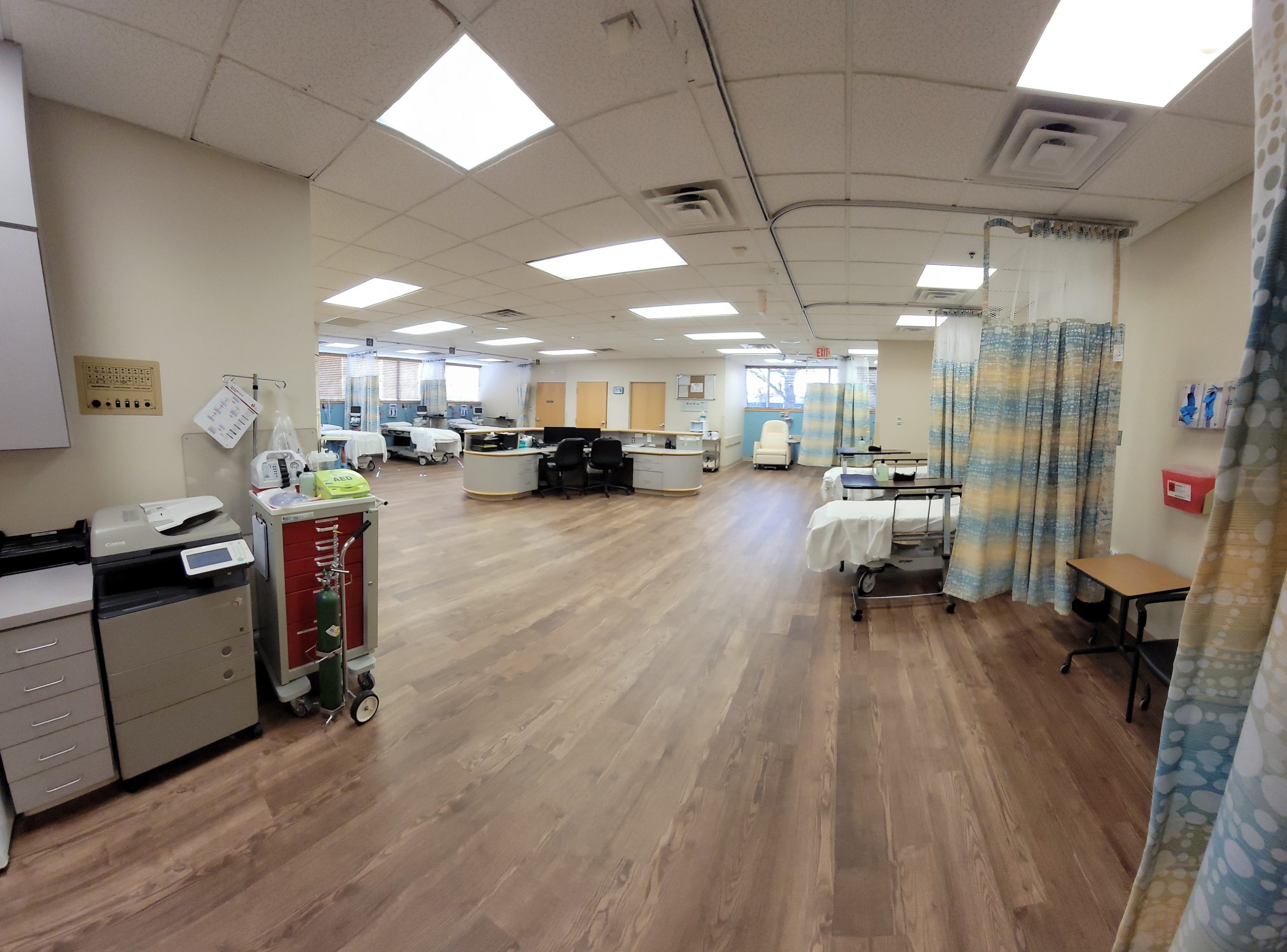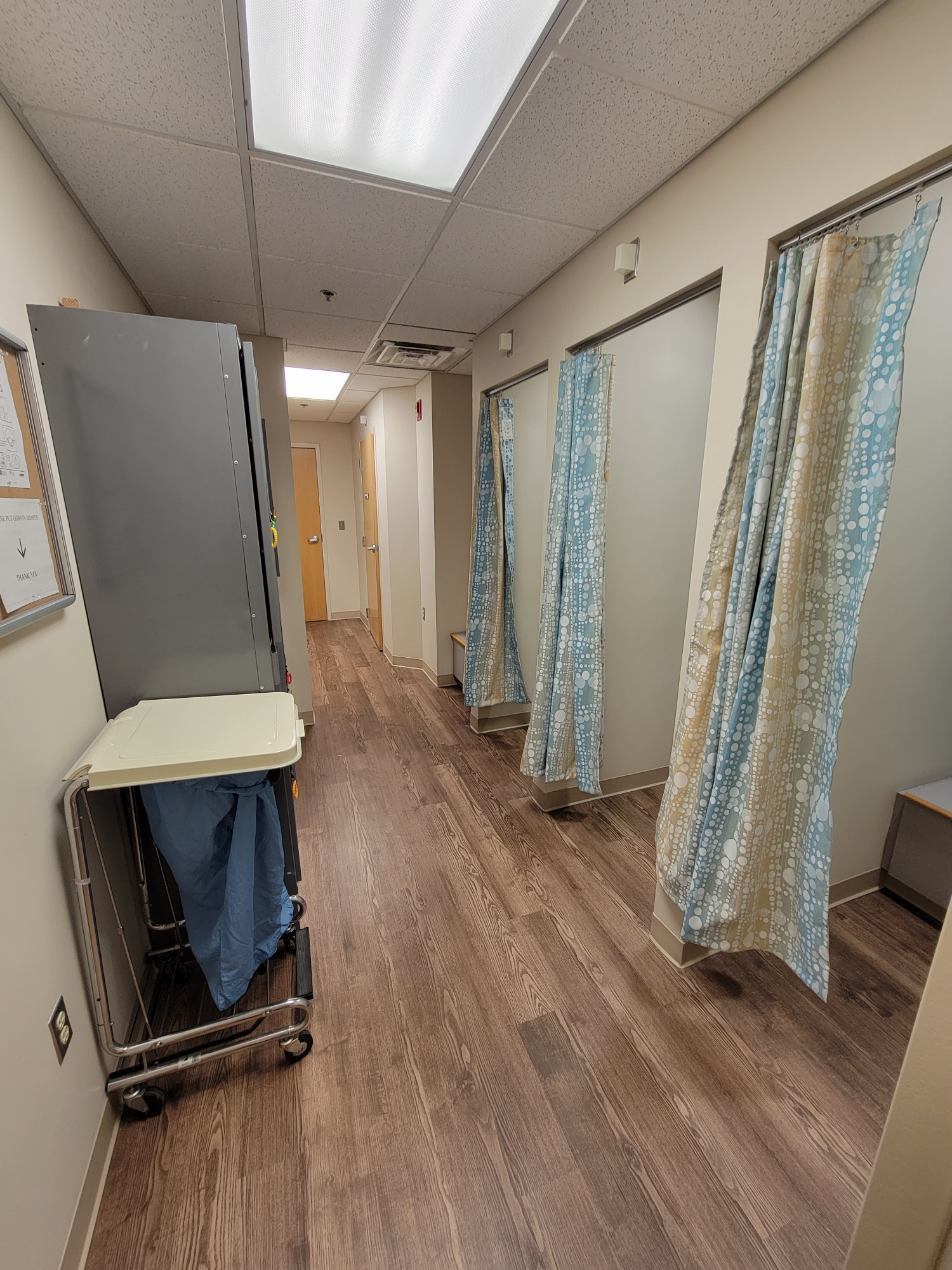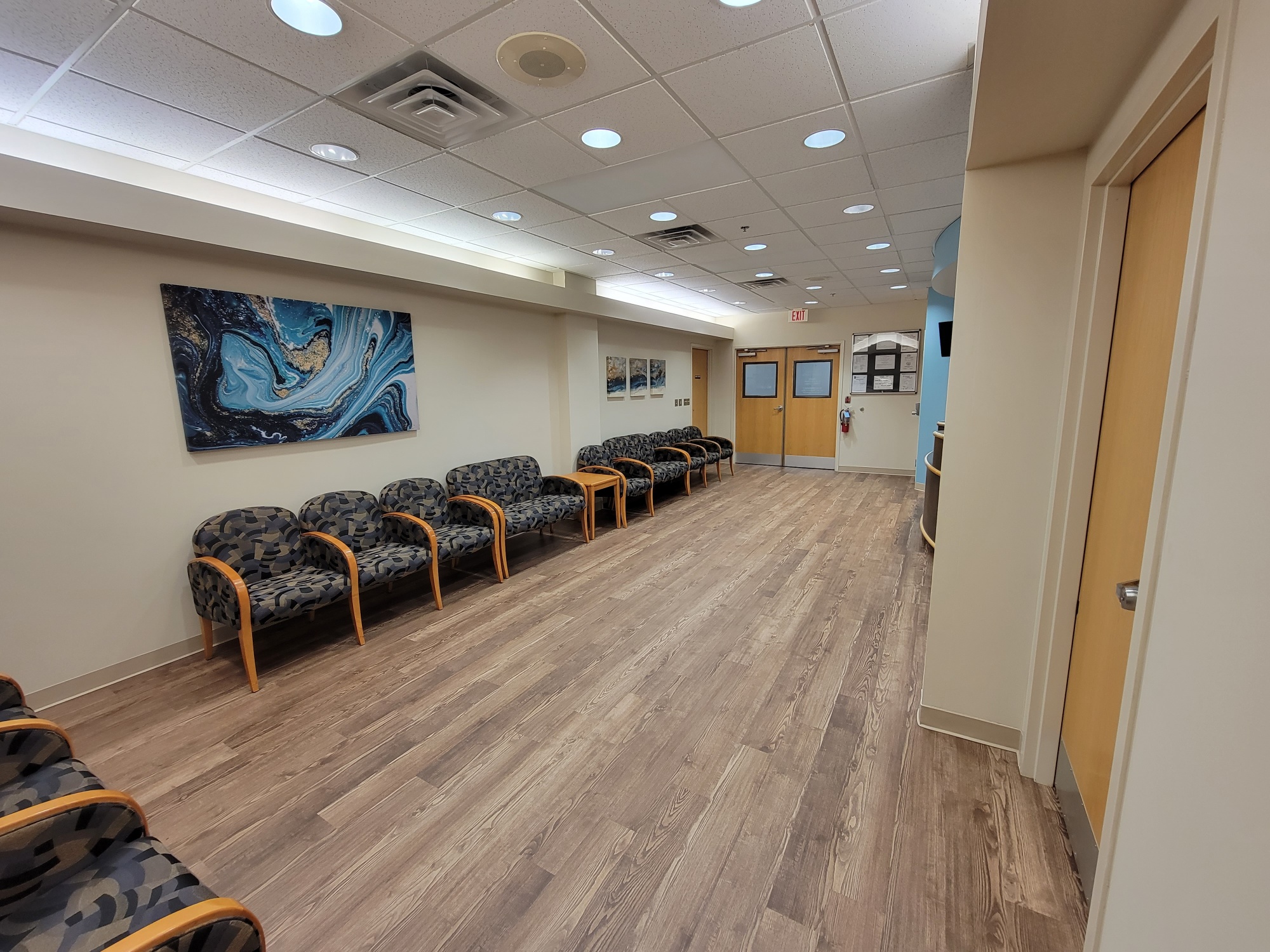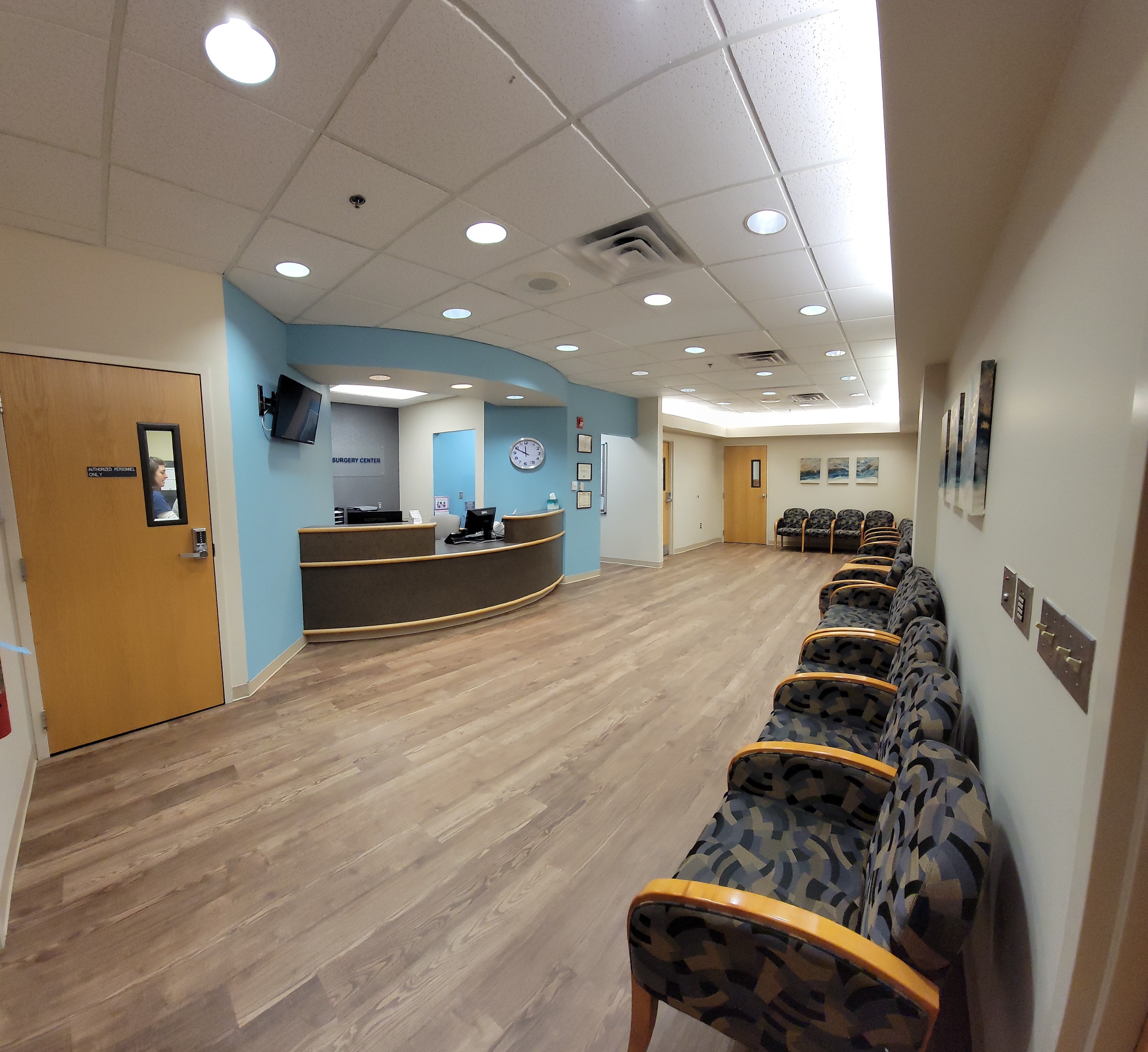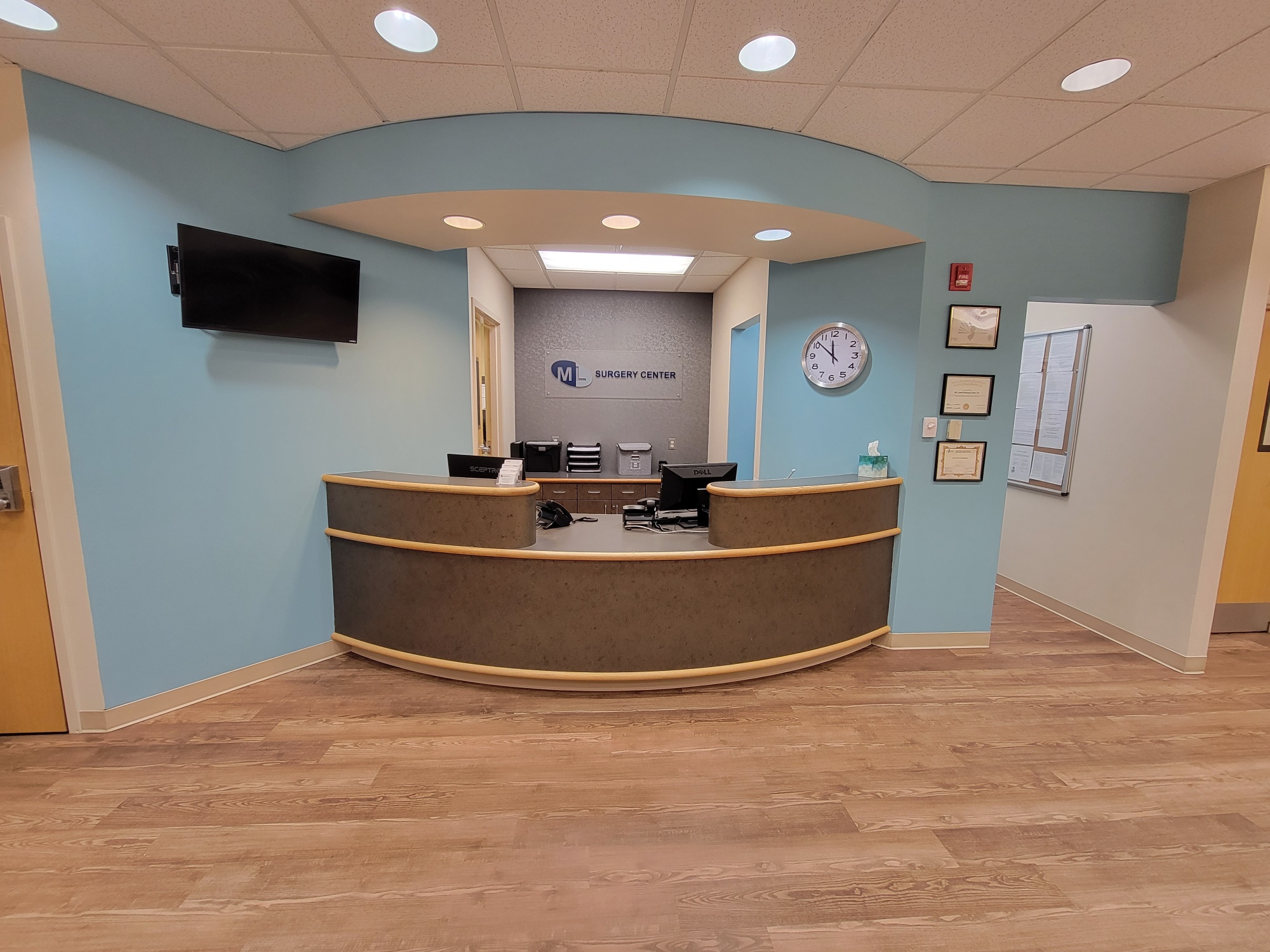About
Mission Statement
MISSION STATEMENT
- To create a safe physical environment in preparation for the scheduled procedure, during the procedure, and immediately following the procedure.
- To provide an atmosphere of compassion and understanding with minimal stress and anxiety.
- To function at a high level of efficiency to accommodate the convenience of both the patient and the physician.
- To assist the physicians in accomplishment of a plan of diagnostic and surgical treatment for each patient.
- To promote the knowledge and skills of the ASC staff as a means of meeting technical and scientific progress in the delivery of health care and to be aware of new research, new products, and new ideas which may modify and improve present activities and procedures.
Vision Statement
VISION STATEMENT
- Mt Laurel Endoscopy Center is a specialty care Ambulatory Surgery Center (ASC) designed to provide individual, quality care for the eligible patients to undergo diagnostic and surgical procedures which meet the criteria for ambulatory care.
- Mt Laurel Endoscopy Center is designed as an ASC which is planned and administered to render a safe, comfortable, effective environment for patients and personnel, and to give assistance to the medical staff in meeting certain restorative health needs to patients without regard to race, color, religion, sex, age, or national origin.
Surprise Billing
Your Rights and Protections Against Surprise Medical Bills
What is “balance billing” (sometimes called “surprise billing”)?
When you see a doctor or other health care provider, you may owe certain out-of-pocket costs, such as a copayment, coinsurance, and/or a deductible. You may have other costs or have to pay the entire bill if you see a provider or visit a health care facility that isn’t in your health plan’s network.
“Out-of-network” describes providers and facilities that haven’t signed a contract with your health plan. Out-of-network providers may be permitted to bill you for the difference between what your plan agreed to pay and the full amount charged for a service. This is called “balance billing.” This amount is likely more than in-network costs for the same service and might not count toward your annual out-of-pocket limit.
“Surprise billing” is an unexpected balance bill. This can happen when you can’t control who is involved in your care—like when you have an emergency or when you schedule a visit at an in- network facility but are unexpectedly treated by an out-of-network provider.
You are protected from balance billing for:
Certain services at an in-network ambulatory surgical center
When you get services from an in-network ambulatory surgical center, certain providers there may be out-of-network. In these cases, the most those providers may bill you is your plan’s in-network cost-sharing amount. This applies to anesthesia, pathology, laboratory, assistant surgeon, or intensivist services. These providers can’t balance bill you and may not ask you to give up your protections not to be balance billed.
If you get other services at these in-network facilities, out-of-network providers can’t balance bill you, unless you give written consent and give up your protections.
You’re never required to give up your protections from balance billing. You also aren’t required to get care out-of-network. You can choose a provider or facility in your plan’s network.
When balance billing isn’t allowed, you also have the following protections:
- You are only responsible for paying your share of the cost (like the copayments, coinsurance, and deductibles that you would pay if the provider or facility was in-network). Your health plan will pay out-of-network providers and facilities
- Your health plan generally must:
- Base what you owe the provider or facility (cost-sharing) on what it would pay an in-network provider or facility and show that amount in your explanation of
- Count any amount you pay for out-of-network services toward your deductible and out-of-pocket
If you believe you’ve been wrongly billed, you may contact 1-800-985-3059
Visit https://www.cms.gov/nosurprises for more information about your rights under federal law.
Good Faith Estimate
You have the right to receive a “Good Faith Estimate” explaining how much your medical care will cost
Under the law, health care providers need to give patients who don’t have insurance or who are not using insurance an estimate of the bill for medical items and services.
· You have the right to receive a Good Faith Estimate for the total expected cost of any non-emergency items or services. This includes related costs like medical tests, prescription drugs, equipment, and hospital fees.
- Make sure your health care provider gives you a Good Faith Estimate in writing at least 1 business day before your medical service or item. You can also ask your health care provider, and any other provider you choose, for a Good Faith Estimate before you schedule an item or service.
- If you receive a bill that is at least $400 more than your Good Faith Estimate, you can dispute the
- Make sure to save a copy or picture of your Good Faith
For questions or more information about your right to a Good Faith Estimate, visit www.cms.gov/nosurprises or call 1-800-985-3059.
Hours:
Monday – Friday
7 am to 3:30 pm

